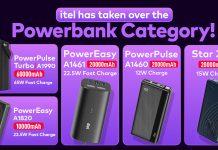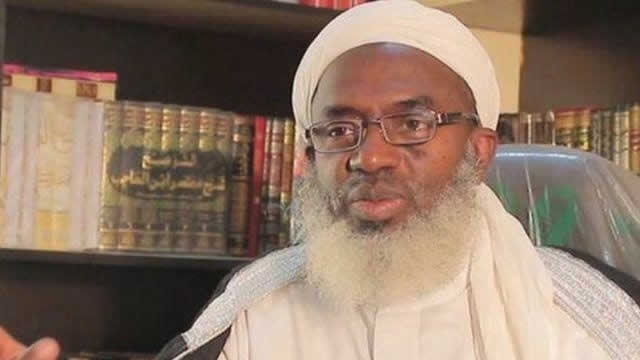Despite widespread stakeholder disapproval, the Minister of Information, Alhaji Lai Mohammed, on Tuesday, presented the 6th National Broadcasting Code recently released by the National Broadcasting Commission (NBC). Mohammed described the controversial document, presented at the Radisson Blu Hotel, Ikeja, Lagos, as “signed, sealed and delivered”.
Since 27 May when it was proposed by the NBC, industry stakeholders have been critical of many of its provisions, which were deemed draconian, with the NBC facing allegations of straying into areas over which it has no jurisdiction.
Considered most irksome by stakeholders are provisions seeking to regulate content exclusivity, mandate content sharing and empower the NBC to determine prices at which content is sold to sub-licensees by rights holders. Notable critics of the code include Nobel laureate, Professor Wole Soyinka, who described the code as “strangulatory” rather than regulatory; Jason Njoku, CEO of IrokoTV, who branded it as “quasi-socialism” and a means of subsidising inefficiency in the industry.
Fielding questions from journalists, Mohammed said the new code makes it mandatory for broadcasters to share content rights with competitors, claiming that the code does not infringe on the copyright of right holders.
He also claimed that the prohibition of exclusivity is not new to Nigerian broadcasting.
“Nigerian Copyright Commission Act actually makes it mandatory that if you buy a right, you must sell that right to whoever wants to buy at a price to be agreed by the parties. By bringing it into the code, we are simply reinforcing the law.
“The truth is that all the giants of the day, Amazon, Nextflix and iTunes started by sublicensing to become what they are.
“It is only here in Africa that we buy rights and hold it to ourselves,” said Mohammed.
On the allegation that the NBC is straying into areas over which it has no control, especially advertising regulation and debts, the minister claimed that as the apex broadcast industry regulator, it is the duty of the NBC to ensure a sustainable, qualitative and profitable industry.
“Just like CBN ensures you can’t owe one bank and seek loan in another without paying your debt, we are also prohibiting advertisers from short-changing content creators and owners. Content drives advertising and we don’t want a backlog of debts to cripple the media houses. And when the media houses are not being paid, we the regulator cannot get our fees.
Industry stakeholders have also branded the code as agenda-driven, noting that they were excluded from making input before the code was finalised and described its unveiling as an ambush. A content creator, who craved anonymity, said the invitation to the presentation was silent on the fact that the code would be unveiled.
“The invitation simply said it was a press briefing, which would see the acting Director-General of the NBC speak on matters arising within the industry. That should tell you they just sneaked it in on the industry,” she said.


























